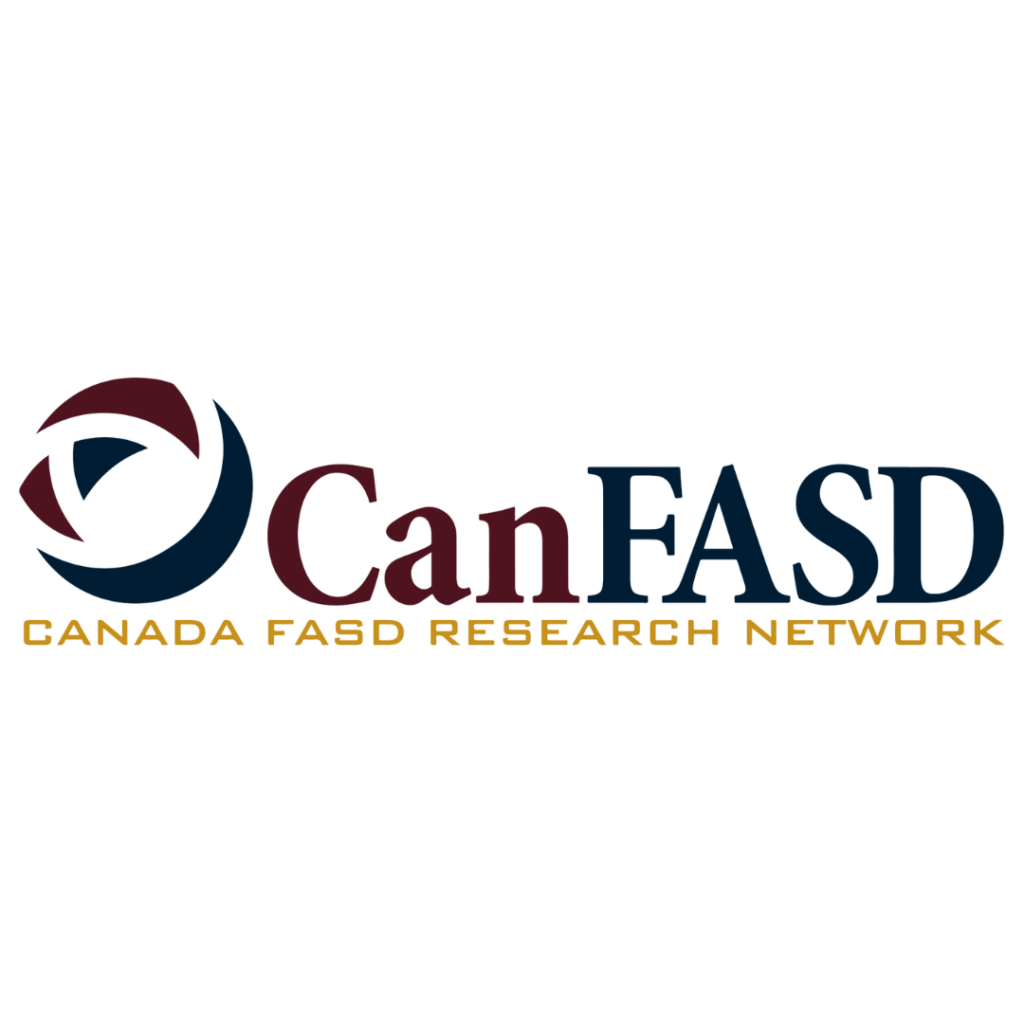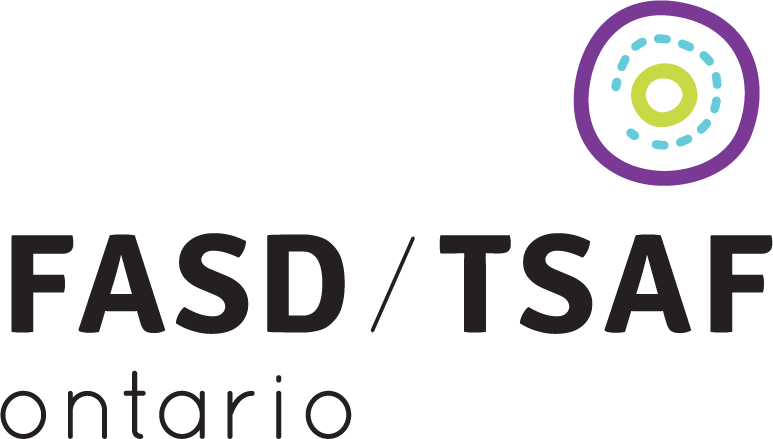The “Pebble in Your Shoe” Model of Effectiveness: Laurentian University Undergraduate Students’ Perspectives on Campaigns Regarding Alcohol Use During Pregnancy

Using intersectionality theory, basic qualitative design, thematic analysis and focus group discussion, the “Pebble in Your Shoe” Model of Effectiveness was developed based on community perspectives. This model could be utilized in the development and evaluation of future Level 1 FASD Prevention campaigns.
Caregiver approaches, resiliencies, and experiences raising individuals with fetal alcohol spectrum disorder: A study protocol paper

The goal of this paper is to share information about why and how this study is being done, and potentially guide other teams in developing similar projects to better understand caregivers’ experiences, needs, and successes. Documenting and giving voice to the breadth and depth of caregiver experiences will help us to tailor services and supports, develop resources, stimulate knowledge translation based in resilience and protective factors, guide future studies, and inform evidence-based policy initiatives.
“YOU DON’T WANT TO DRINK? WHAT ARE YOU, PREGNANT?!” : PORTRAYALS OF ALCOHOL AND SUBSTANCE USE DURING PREGNANCY ON TELEVISION

In the current study, we aimed to explore the portrayal of alcohol (and substance) use (e.g., tobacco, opioids) during pregnancy in North American, English speaking mainstream prime time and streaming television shows (N = 25).
Transitions into adulthood for people with fetal alcohol spectrum disorder: A scoping review of promising practices

Twenty-one peer-reviewed sources were included in this review. Studies largely focused on one of three areas: (1) programs supporting youth with FASD and their families, (2) lived experiences of individuals with FASD during the transition to adulthood, or (3) preventing adverse outcomes. Recommendations from included studies highlighted the importance of programs and supports that demonstrate an understanding of FASD and emphasize relationship-building, the benefits of obtaining an FASD diagnosis, the notable gap in services for individuals who have transitioned to adulthood, and the importance of consistent advocates in the lives of youth with FASD.
Collaborative Action on Fetal Alcohol Spectrum Disorder Prevention: Principles for Enacting the Truth and Reconciliation Commission Call to Action #33

The association between fetal alcohol spectrum disorder (FASD), residential schools and subsequent assimilatory policies in Canada is of such significance that it was included in the groundbreaking Truth and Reconciliation Commission of Canada’s Final Report through Call to Action #33, which focuses on collaboratively developing FASD prevention programs in Indigenous communities.
Sex and age effects on gray matter volume trajectories in young children with prenatal alcohol exposure

Using longitudinal T1-weighted MRI, the present study characterized gray matter volume development in young children with PAE compared to unexposed children.
Caregivers’ experiences and perceptions of suicidality among their children and youth with fetal alcohol spectrum disorder

Individuals with Fetal Alcohol Spectrum Disorder (FASD) experience a range of biopsychosocial vulnerabilities that can increase the possibility of adverse life outcomes, including a heightened risk of suicidality. In this study, we explored the lived experiences of caregivers of children and youth with FASD and suicidality, including their perceptions of their child and youth’s suicidal experiences.
Evaluation of Brain Alterations and Behavior in Children With Low Levels of Prenatal Alcohol Exposure

The objective of this paper is to compare structural brain alterations and behavioral changes in children with lower levels of prenatal alcohol exposure (PAE) with those of well-matched controls with no PAE.
Prenatal Cannabis Exposure and Executive Function and Aggressive Behavior at Age 5 Years

This paper prospectively investigates the association of prenatal cannabis exposure with executive function and aggressive behavior at age 5 years.
The Prevalence of Fetal Alcohol Spectrum Disorder

Research on the prevalence of FASD is critical for understanding the scale of the disability in our communities and for identifying opportunities for supporting healthy pregnancies. This research can inform decisions about allocating resources and services to support healthy families, and aid in monitoring the effectiveness of prevention efforts.
Fetal alcohol spectrum disorder diagnostic clinic capacity in Canadian Provinces and territories

This study investigated the diagnostic capacity for Fetal Alcohol Spectrum Disorder (FASD) in multidisciplinary clinics across several provincial and one territorial jurisdictions of Canada: Alberta, British Columbia, Manitoba, Ontario and Northwest Territories.
The Alcohol Industry and Social Responsibility: Links to FASD

Explore the nature of the relationship between the industry and prevention programming.
